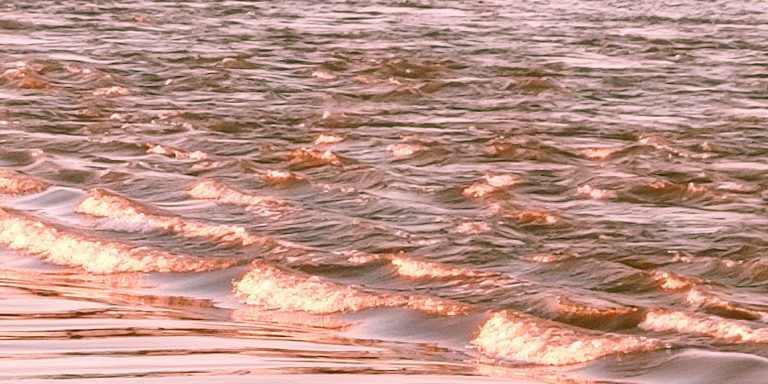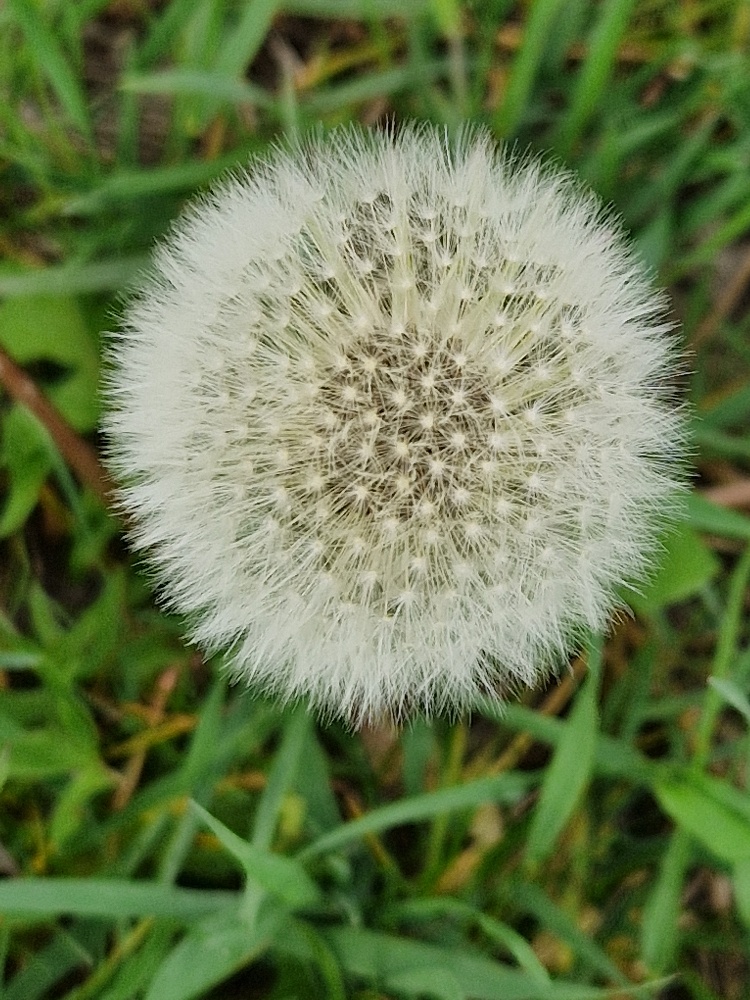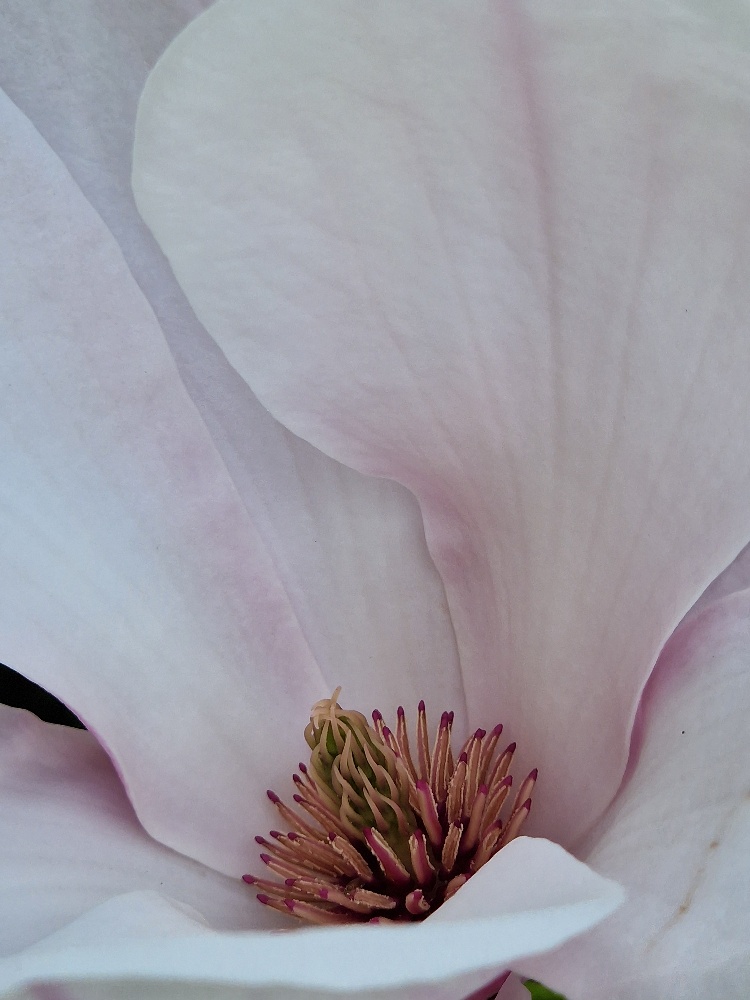A rolling stone gathers no moss.
English Proverb
The idea is that flowing water never goes stale, so just keep on flowing.
Bruce Lee
Emotion, Motion, Ocean, Om; Let the feelings flow
Greeting the Four Directions; West, Water
Go with the flow. Don’t be demanding and rigid about what life should look like. Go with the flow of life’s seasons. Don’t fight them. Work with them. Work as a team with all the forces that are there to help you.
Donna Goddard in `Writing: A Spiritual Voice´
When we endeavour to change old debilitating habits, it is imperative in the first place to generate sufficient momentum to get started (blast off) and then to keep going, one day at a time. This is true, for example, for substance addicts when they first decide to quit using.
My initial momentum was fuelled by desperation. In the months leading up to September 2003, the key pillars of my life had begun to crumble. Though I had never been in direct trouble with my employer or the legal authorities, and on-lookers would not have suspected the inner turmoil I was experiencing, my marriage was imploding, and the apparent security enjoyed in a twenty-year career in corporate management went up in the smoke of 9/11, which brought in its wake the collapse of the global telecommunications sector.
It was the spiritual bankruptcy however, that really got to me. In the treadmill of long-term daily addiction, life seemed to have lost its purpose. Having been sucked into a vortex of doubt and self-loathing, the realisation dawned on me that while I was living a life, it was not my life. It seemed to be rather the life others were expecting me to live, as if scripted by forces unseen, forces which did not necessarily have my best interests at heart. I had lost my way, was on seemingly irreversible auto pilot on my way towards sure self-destruction. It was the searing experience of standing in the rubble of the dreams of my family life that provided the disruption strong enough to eject me out of the fatal rut.
Desperation fuelled my courage to admit, for the first time, that there was a problem, and to ask for help. When this happened, my eyes were opened to the fact that addiction is a disease which cannot be overcome by will power. Power of a different quality, of frequencies higher than that the ego, were called for, if the malady were to be overcome. As Einstein often pointed out, we `cannot solve a problem on the same level of consciousness that produced the problem´. Surrender, on the part of the ego, of the illusion of control to some concept of a Higher Power could not be circumvented if I wanted to recover. This is a big slice of humble pie to swallow; the saboteur of the ego (motto: absolutely no change!) will pull out all the stops to prevent us from making such radical changes.
In the Twelve Step programme, first published by AA in 1939, the process of recovery begins with admitting our problem and identifying its essential nature. `Powerless over alcohol, any other substance or behavioural pattern´; that is identified as the problem in Step 1. In the next step we `came to believe that a Power greater than ourselves could restore us to sanity´.
Having taken these two initial steps, we `made a decision to turn our will and our lives over to the care of God, as we understood God´. This language of the 1930’s represents a challenge for some readers in the twenty-first century. My advice to newcomers is not to confuse the content with the context; to focus on the message and reformulate it, as necessary, in language more appropriate to their own life experience. Some prefer to talk about the Great Spirit or Gaia, for example, or draw upon non-deity concepts from Taoism or Buddhism to handle this step. What needs to be turned over? It is interesting to see that two things are specifically mentioned here; my will and my life. On further exploration it was made clear to me that this covered both our thinking and our actions; both ingrained beliefs, and patterns of behaviour.
The execution of the decision made in Step 3 comprises making self-inventory (4), sharing the inventory (5), identification of shortcomings and the willingness to let go of them (6), humbly asking for them to be taken from us (7), willingness to make amends (8), and the making of such amends in an appropriate manner.
Once these are done, we will have turned our will and our lives over; from the fear-based fuel of the ego to the unlimited, high-octane fuel of love and service. It is a remarkable development.
Step 10 – `Continued to take daily inventory and when we were wrong, promptly admitted it´ – is a compact version of steps 4 to 9, for daily application. It can be used in any situation, as needed. Step 11 encourages us, through prayer and meditation, to improve our connection to the divine forces of love.
Ego separates, love unifies. In our busy daily routine, we need to connect ourselves into some form of docking station at frequent intervals to be reminded of our true essence, our true Selves.
Age-old suggestions are be found in the traditions of every culture on earth. While varying in expression, essentially they are all built around the same core concept. Separation is an illusion supported and justified by the ego; union with all of creation is the Great Reality.
The final step begins with the words; `having had a spiritual awakening as the result of these steps´(Steps 1 to 11). There is a promise right there. There is no way we can have come thus far and still be asleep, provided we do the work honestly and to the best of our ability, holding nothing back. The rest of the step tells us we `carry this message´ (of recovery to others who need it) and `practice these principles in all our affairs´.
Some would argue that the first eleven steps have but one purpose; to prepare us for a life lived in Step 12. I agree with this conclusion.
I imagine these steps as the pools in a mountain river in the West of Ireland, one step flowing into the next. Not everybody who embarks on the journey of recovery succeeds. Some get stuck, or unstuck, as you prefer.
The first critical point is Step 1. The next Step 2; I’m an atheist, thank God! Then, usually comes the challenge of doing an inventory. Understandably, many balk (I certainly did) and give up at this point. Others persevere yet get stuck when amends need to be made. They cannot stomach the prospect of being berated, ridiculed, hurt, or abandoned yet again. The step requires a capacity for vulnerability and trust, and the willingness to keep the focus on `my side of the street´.
Others get through amends and feel the new freedom of `having cleared away the wreckage of the past´. The temptation here is to rest on our laurels, to neglect to put in the time and effort to remain connected in the higher energy field. Meditation and prayer (however executed) slides down the list of daily priorities and we wonder why the zest for life, once so vibrant, has fizzled out once again.
The big point in the process is migrating into Step 12 and living a life of service. Those who do this are the happiest folks I know on earth.
As in the process of learning to ride a bicycle, it is important, after the initial ignition, to keep moving. Otherwise, we stall, and the bike falls over. It is my business to find out how this analogy plays out in practice in my life. I need to keep in the flow of the cosmic dance. Any attempts to grasp and hold onto something or to balk and refuse to engage in the process will hamper my progress. There are no days off, no vacation and no public holidays. This is a 24/7 challenge with a reset button set to zero each morning when I open my eyes.
I enjoy the flow and continue to learn new ways of ensuring that the dance keeps moving. Isn’t that amazing? Life has become a never-ending dance!











Eine Antwort
Thank you for the article. I especially loved the first quote which is a proverb- a rolling stone gathers no moss. I have never heard this proverb used in a negative way. Growing up, moss was sort of a good thing and you were supposed to stand still and stay put, in order to gather a lot of it 🙂 Thinking of it now used in your context it makes so much more sense. If I keep moving foward, i wont gather this negative moss of ingratitude, fear selfloathing…you name it. And as you said just like in riding a bike, i have to gain some momentum, otherwise i fall. Thanks again for your beautiful and eloquent article
Wambo